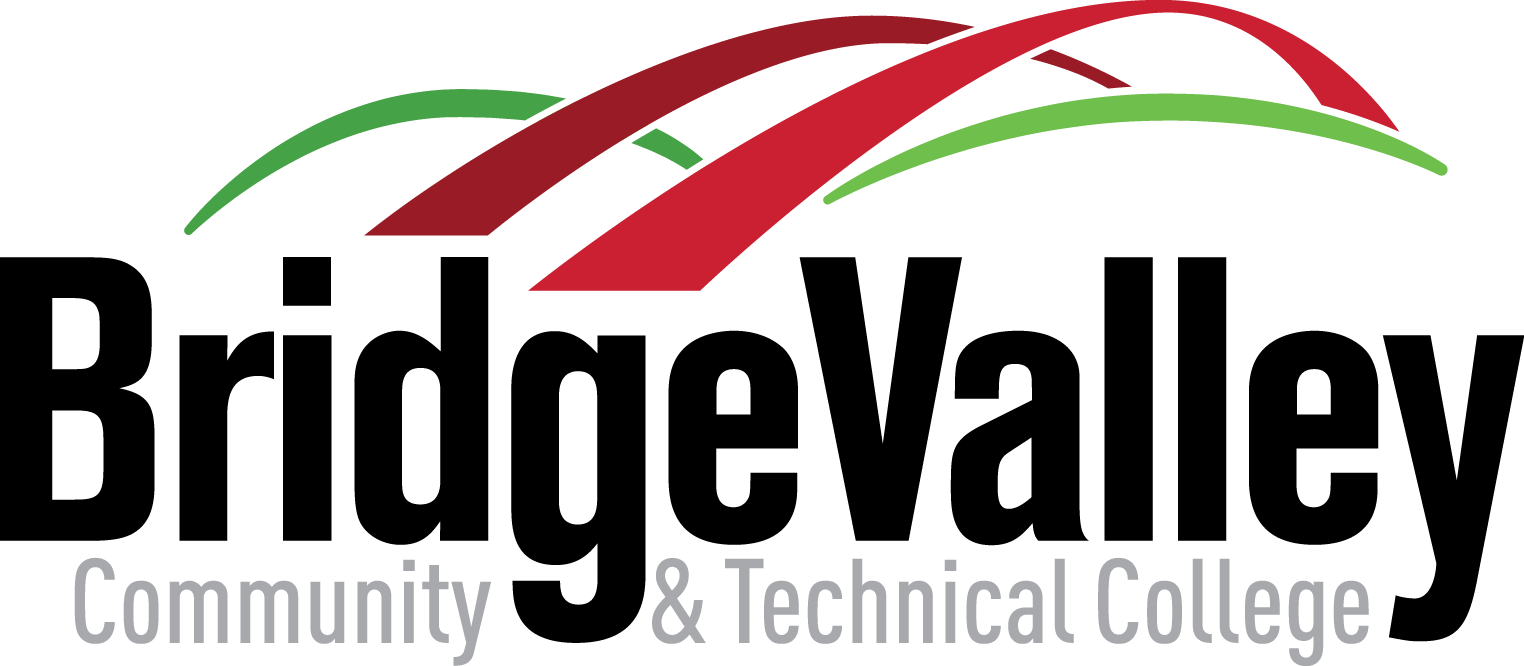Commercial HVAC and Building Automation Systems (BAS)

Commercial HVAC and Building Automation Systems (BAS)
The need for HVAC and Refrigeration technicians in West Virginia and throughout the USA continues to grow. Good paying, long term employment opportunities exist for well-trained persons interested in this type of work. The program will combine online learning with structured hands-on laboratory exercises with HVAC equipment. Hands-on labs will meet one day per week 9:00 to 4:30.
Course Details
- Students are only admitted to the Commercial HVAC and Building Automation Systems program in the Fall semester each year.
- Limited to 20 students each year.
Year 1: Commercial HVAC (252 Hours)
Fall – HVAC Science (September to December)
- Students will learn the fundamentals of electricity, airflow, refrigeration, troubleshooting skills, and other basic HVAC related skills.
Spring – Large commercial Units and Commercial HVAC Systems (January to April)
- Students will learn the principals of combustion science and efficiency, advanced electrical concepts, about commercial HVAC equipment, commercial HVAC systems, and build on the skills learned in the previous semester.
Summer – Work Experience (April to August) - Based on Availability
Year 2: building Automation Systems (252 Hours)
Fall – Building Automation Systems Fundamentals (September to December)
- Students will learn the basics of building automation systems like wiring principals, control types and functions, programming languages, protocol basics, inputs and outputs.
Spring – Building Automation Systems Concepts and Energy Services (January to April)
- Students will learn more advanced BAS concepts such as basic integration skills, more advanced programming knowledge, troubleshooting a BAS, basic IT and networking information, etc. They will also learn how to optimize commercial spaces, reduce customer energy bills, and make commercial systems run better.
Career Outlook
According to the US BLS, Employment of heating, air conditioning, and refrigeration mechanics and installers is projected to grow 13 percent from 2018 to 2028, much faster than the average for all occupations. Commercial and residential building construction is expected to drive employment growth, and job opportunities for HVACR technicians are expected to be good. The median annual wage for heating, air conditioning, and refrigeration mechanics and installers was $47,610 ($22.89 per hour) in May 2018.
Requirements
- Students are not expected to have knowledge of HVAC Systems.
For More Information: call 304.542.7363 or email [email protected]
Loading...
